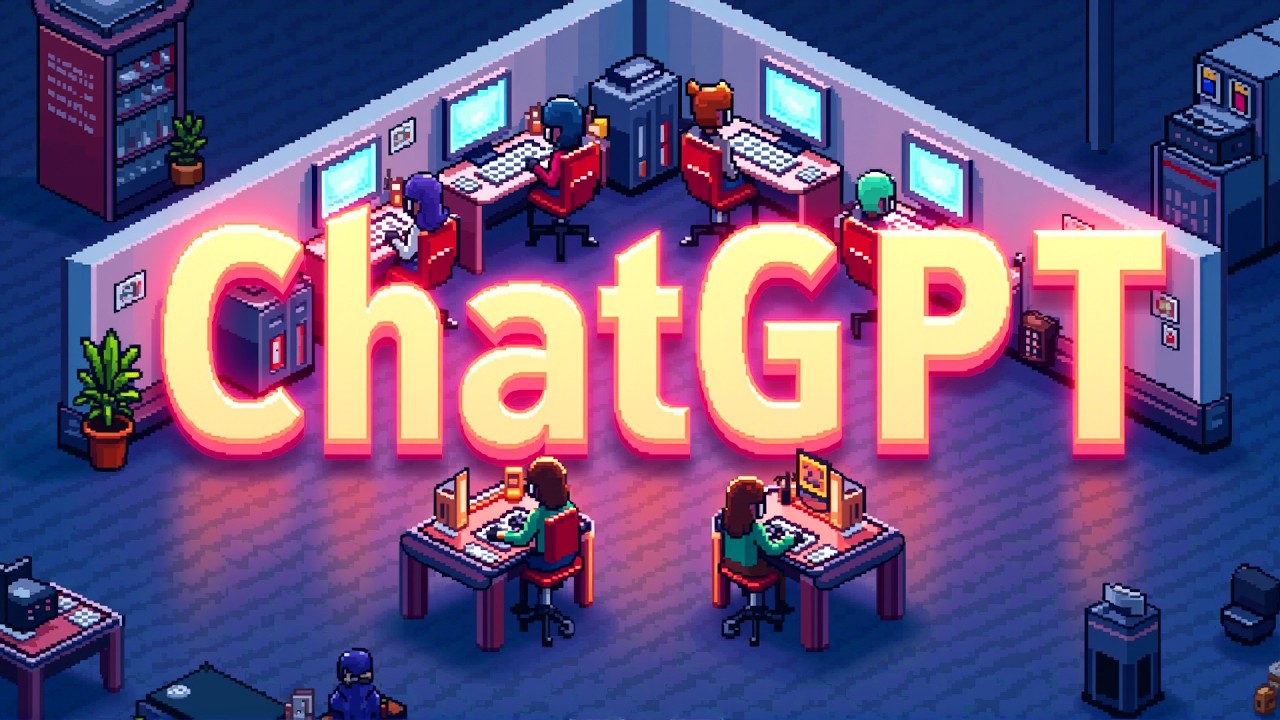In an experiment by Microsoft and other institutions, ChatGPT AI was tested against human PhDs in various tasks, including analyzing animal proteins and solving space illness problems, revealing that while the AI performed well in initial tasks, it struggled in more complex challenges compared to the humans. The study highlighted the unique strengths of AI in certain scenarios and celebrated advancements in AI research, including the Nobel Prize awarded to Demis Hassabis and his team for their work on AlphaFold.
In a fascinating experiment, scientists from Microsoft and two other institutions decided to explore the capabilities of ChatGPT AI by having it play video games against human PhDs. The goal was to see how well the AI could perform in various tasks, including analyzing animal proteins and solving complex problems related to space illnesses. The video highlights the playful yet scientific approach of using gaming as a means to test AI intelligence and problem-solving skills.
The first task involved the AI analyzing animal proteins to identify an outlier, referred to as the “anomaly.” The AI successfully completed this task with ease, flagging the spheroid pink blob as the outlier. This initial success set the stage for more challenging tasks, including investigating illnesses affecting colonists on a new planet. The AI demonstrated its ability to form hypotheses and conduct experiments, ultimately discovering that mold was the cause of the illnesses.
As the experiment progressed, the AIs faced off against human PhDs in a series of 120 games, which were significantly more difficult than the initial tasks. Surprisingly, the human participants excelled, completing an average of 66% of the tasks, while the AIs managed to solve less than 20%. This outcome challenged the expectation of superhuman AI performance, revealing that while the AIs had strengths, they still lagged behind human intelligence in many areas.
An interesting observation emerged during the experiment: while human performance typically declined with increasing task difficulty, the AIs sometimes performed better on harder tasks. This anomaly suggests a unique aspect of non-human intelligence, highlighting the potential for AI to excel in certain scenarios where humans struggle. The video emphasizes the growing interest in gaming-related AI research and the exciting possibilities it presents for future studies.
The video concludes with a humorous yet insightful look at simulations involving millions of particles, showcasing the advancements in computational capabilities. It also celebrates the recent Nobel Prize awarded to Demis Hassabis and his team at Google DeepMind for their work on AlphaFold, a significant achievement in AI and protein folding research. The host expresses gratitude and admiration for the groundbreaking work being done in the field, leaving viewers eager for more developments in AI and gaming.
